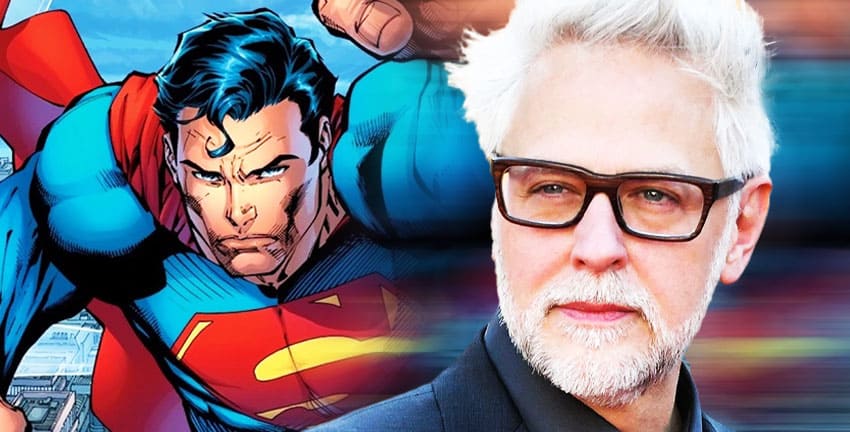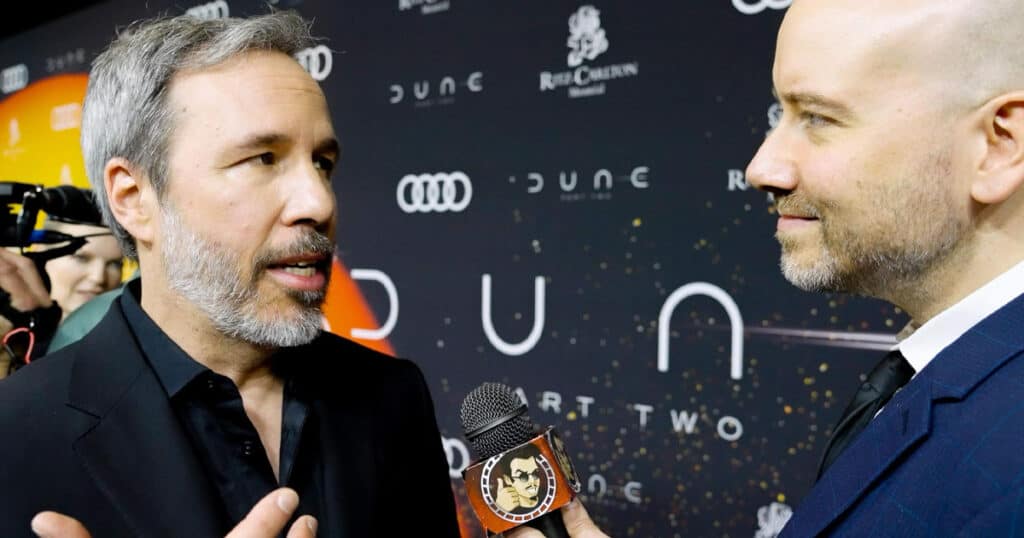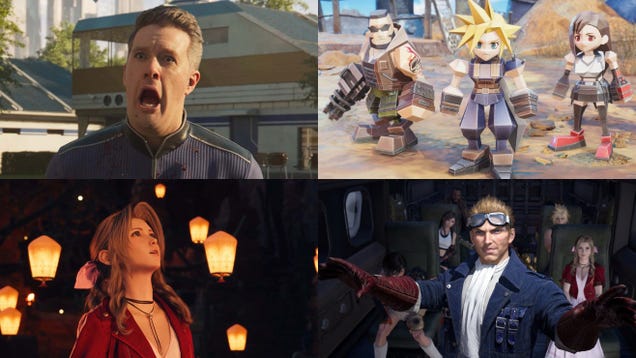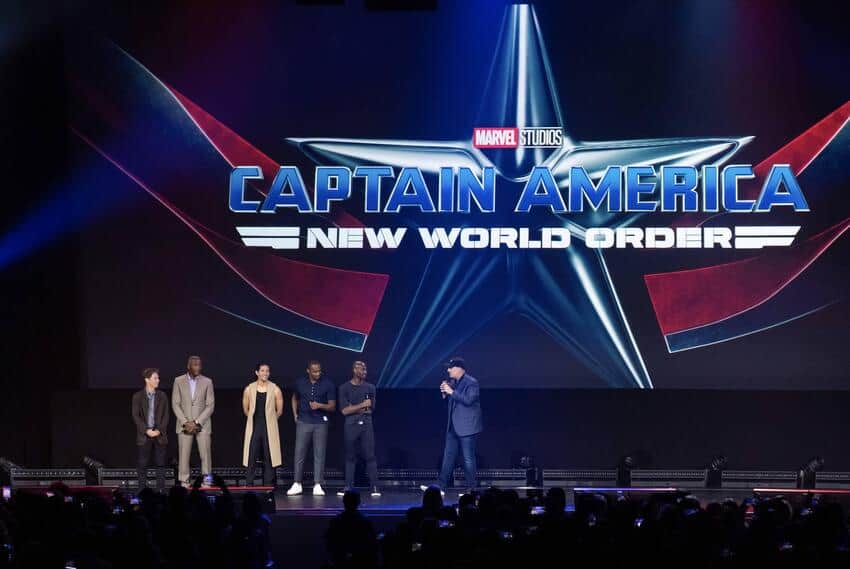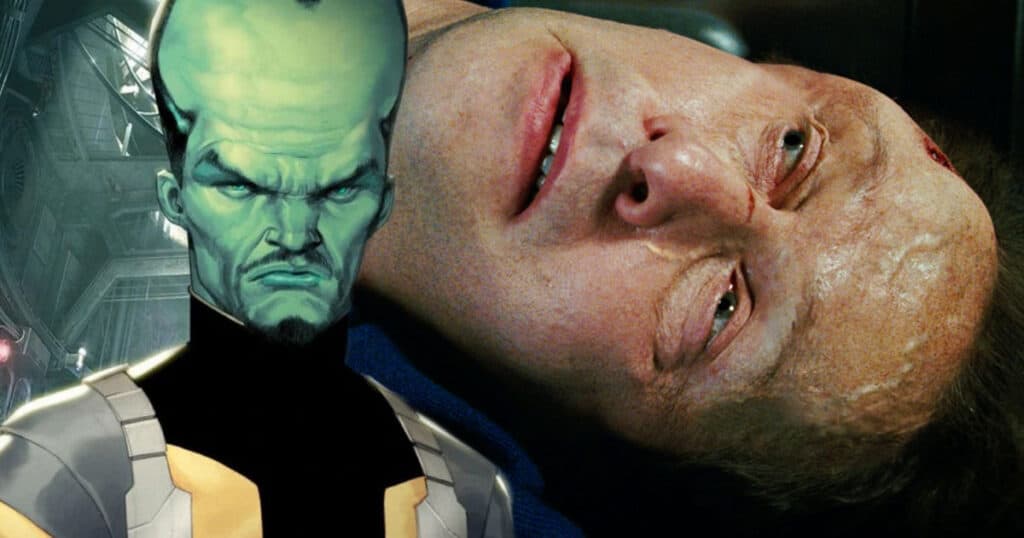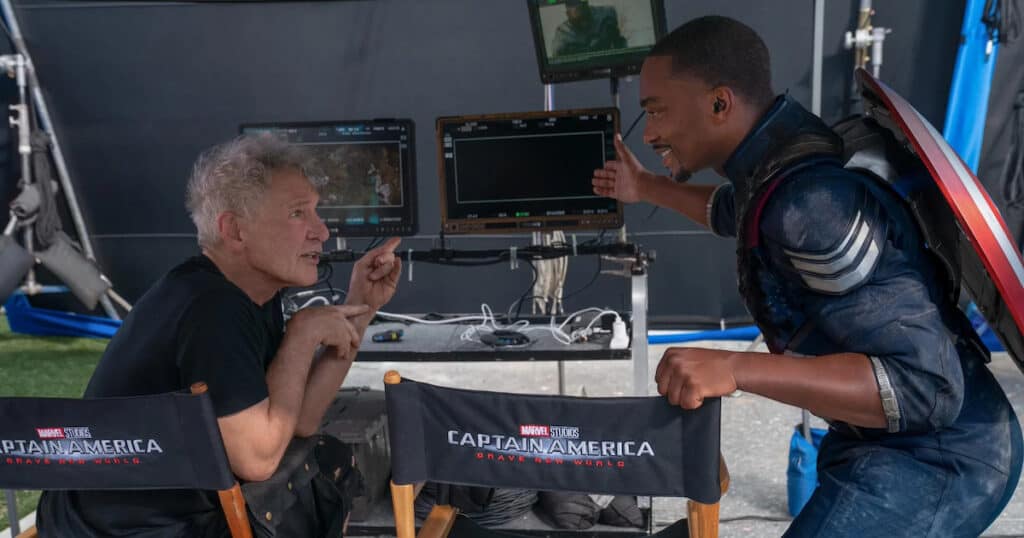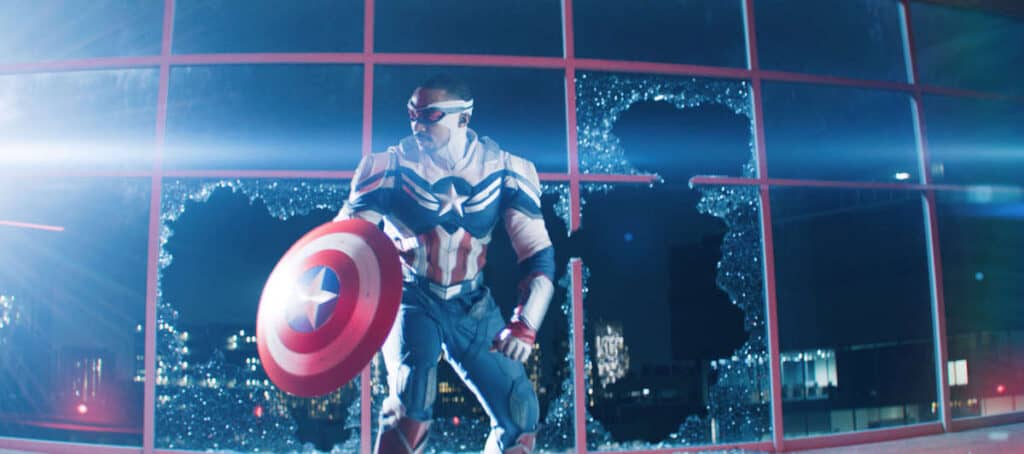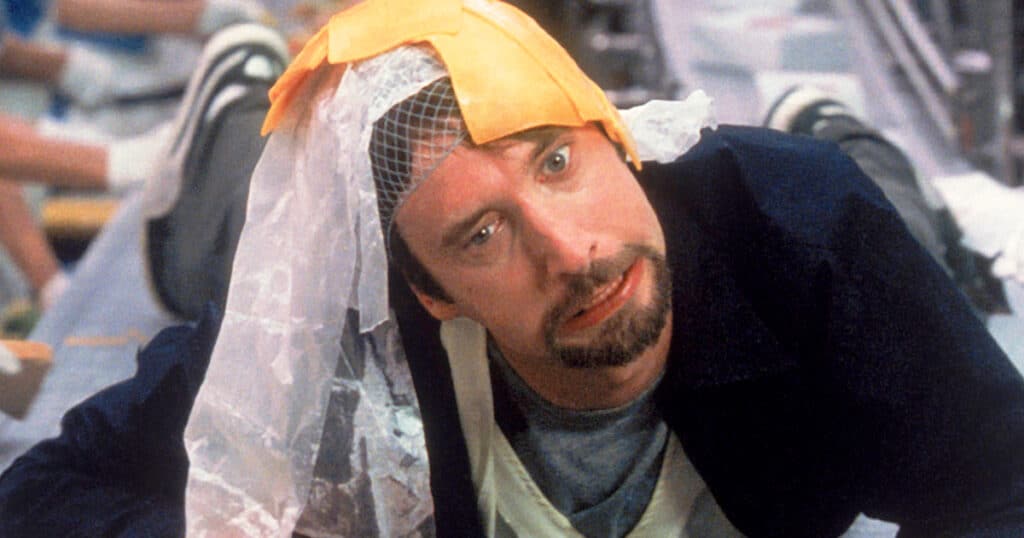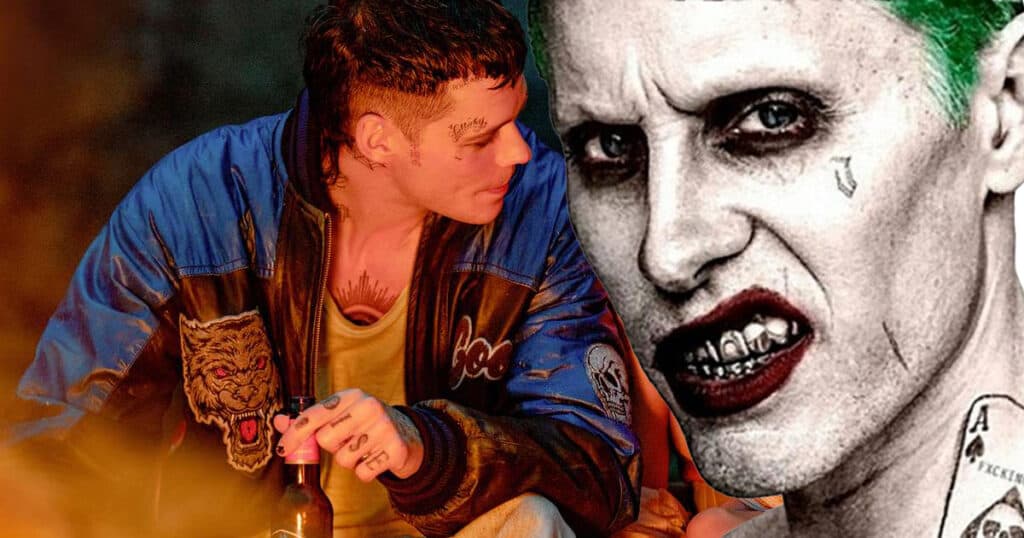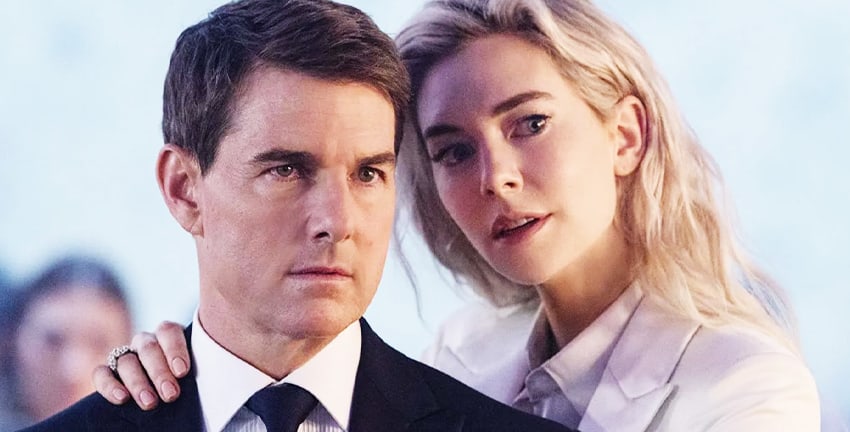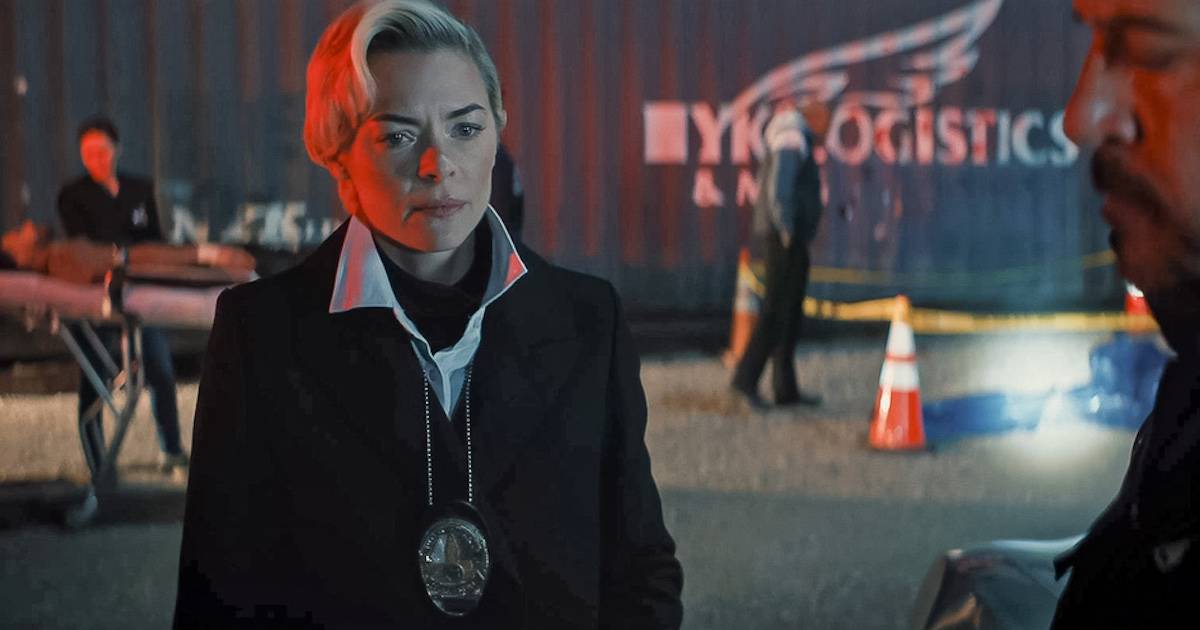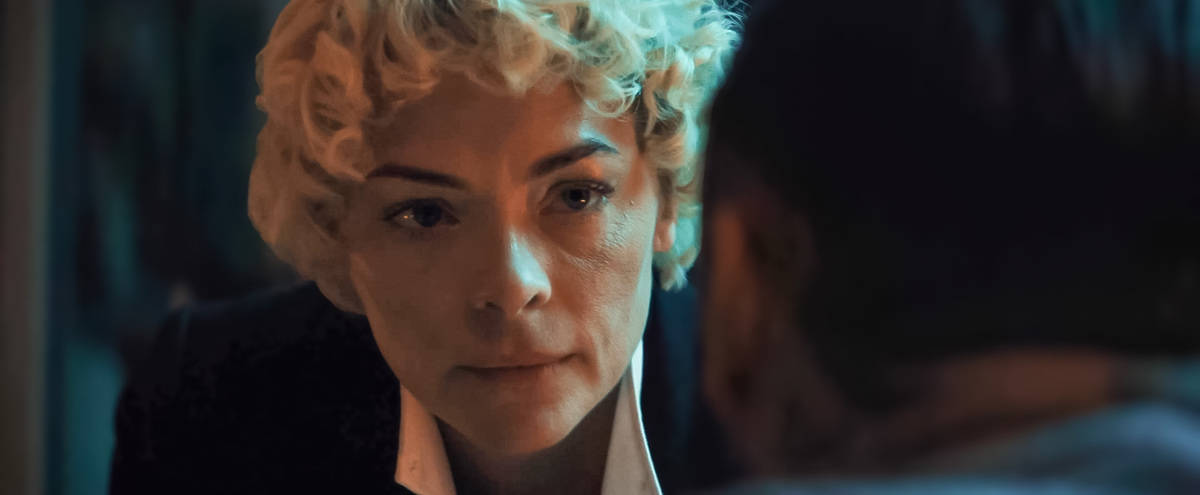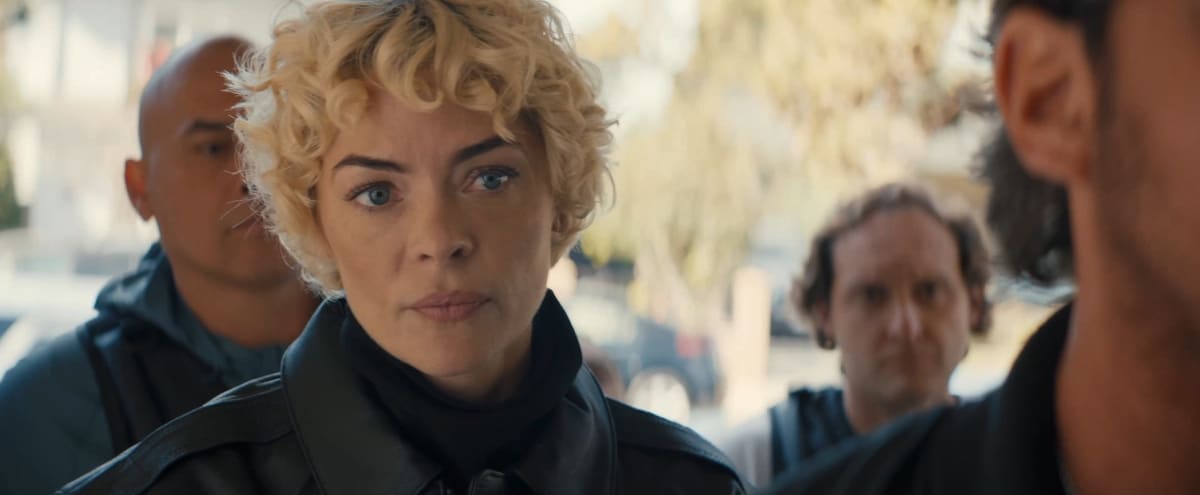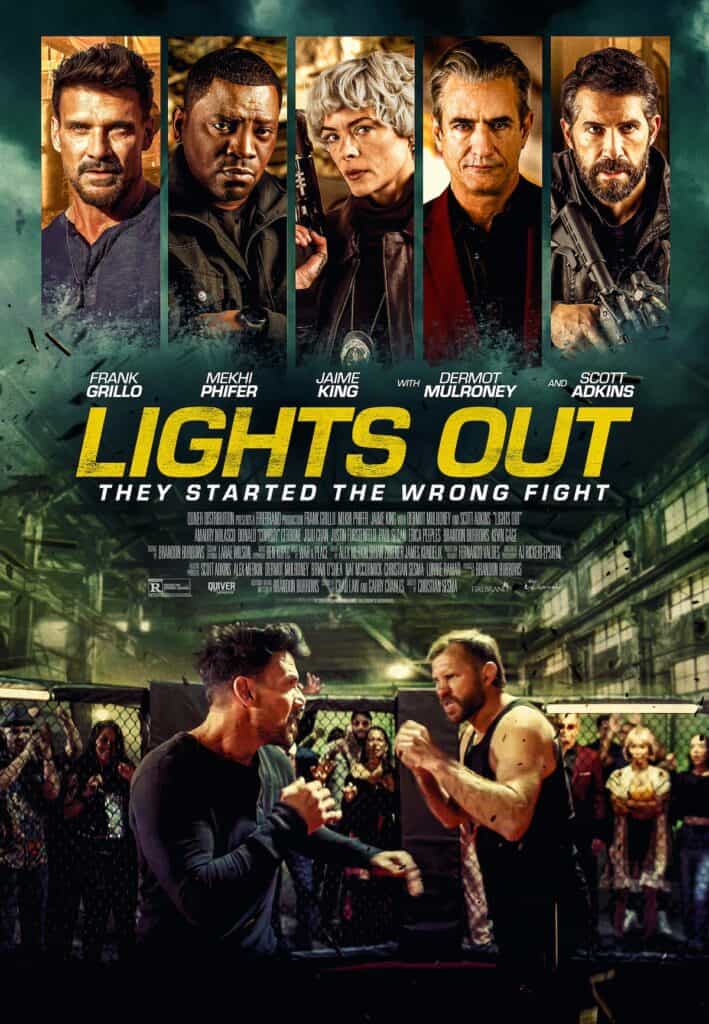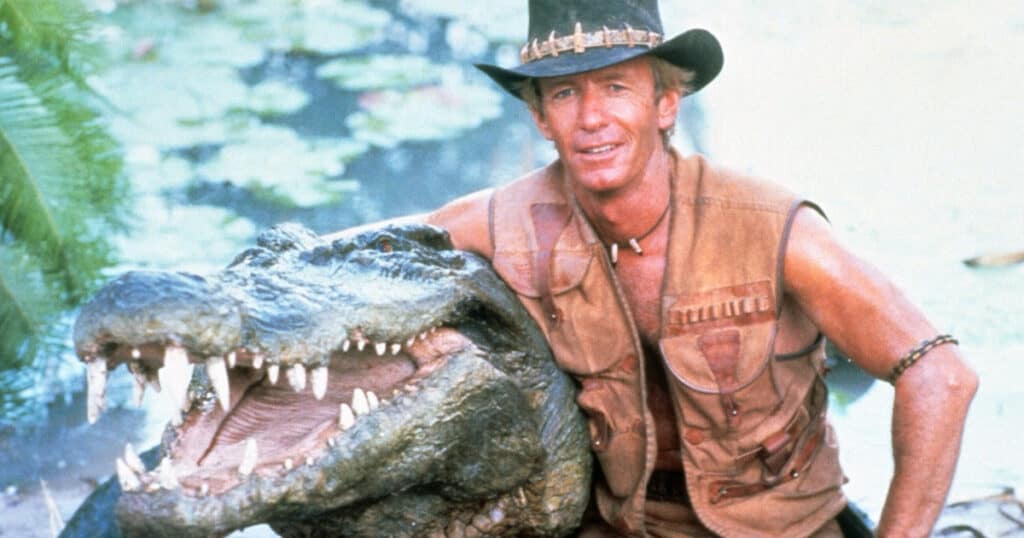
Let’s jump back to the year 2020, infamously known now as the year of Covid-19. One Friday morning, I’m at home, doing my work, when I get a phone call from Australia, with the voice on the other side of the line being unmistakable. Ah yes, that accent that all my childhood friends and I imitated as we called each other “mate” and said, “that’s not a knife – that’s a knife.” It was none other than Paul Hogan, who was promoting his film, The Very Excellent Mr. Dundee, which was kind of a mockumentary starring Hogan as himself getting “cancelled” on the eve of his knighting. Jacob Elordi from Euphoria played his son. The movie wasn’t great, but Hogan himself was amazing to talk to, with him chatting with me much longer than he had to, telling me stories, such as when he was hiking in LA and came across some folks being menaced by a snake they all assumed – incorrectly – that he would be able to deal with.
Naturally, we spent a lot of time talking about Crocodile Dundee, a movie I watched over, and over, and over again as a kid, and am still incredibly fond of.
People may not realize it now, but Crocodile Dundee is one of the most profitable films ever made. It was shot for only 8 million dollars in Australian currency and made $336 million at the global box office, equal to about $800 million now. It was the second highest-grossing film of 1986, after Top Gun. It led to an American fascination with Australia that was memorably lampooned on one of the best Simpsons episodes ever, and it got two sequels, one of which, Crocodile Dundee 2, was another huge blockbuster.
Paul Hogan became a pop culture icon, with Crocodile Dundee one of the most instantly recognizable heroes of the 80s, up there with Indiana Jones and Rambo. Yet, Hogan’s Mick Dundee is a gentler and perhaps misunderstood hero. For all its stereotypical Australian trapping, such as a love of drinking Foster’s and hellraising, with the sprawling Outback a treacherous but exciting playground for Mick and his love interest, the American Sue Charlton (played by Paul Hogan’s eventual wife Linda Kozlowski), to fall in love with, it’s forward-thinking in a lot of ways people don’t appreciate. For one thing, Dundee is shown to love and appreciate Australia’s Aboriginal population, which, in both films, are portrayed heroically and non-stereotypically.
The movie also has a strong anti-poaching message, which becomes even more pronounced in the sequels. One of the most famous scenes shows a bunch of businessmen going crazy in the bush and shooting up a bunch of kangaroos. Mick grabs his rifle, and using a kangaroo corpse he calls Skippy as cover, he shoots up the poachers, sending them home licking their wounds. He doesn’t kill anyone, though. Even in the sequel, which is more of an action film, Dundee never takes a life. The only one who actually kills anyone in the second is Sue, who, in a recurring gag from the films, is presented as a better shot than Mick. As Hogan himself told me, “That was the thing – to make a hero character who didn’t kill people. He didn’t have any superpowers other than he had a good sense of humor. It’s like the famous knife scene. In a lot of movies, he would have pulled the knife out and stabbed a few people, but he didn’t. He dismissed the situation with humor. That was the intention.”
Ok, so Dundee never kills anyone, but I maintain that Hogan throws the best punch of the eighties, with amazing foley work backing up sequences where he punches out bullies, high society types, and even a vicious pimp and his goons.
Indeed, Crocodile Dundee works on a lot of levels. It’s a really interesting take on the fish-out-of-water comedy, with Sue the naive one in the movie’s first half, but Mick takes the role in the second half as he goes to New York. Hogan never presents Dundee as too ultra-macho. There’s a great scene early in the film where he dismisses a brawl by kissing a guy on the lips (something no other leading man would have done), and little throwaway moments, like when he pretends to shave with his knife but has a plastic BIC razor hidden that he prefers.
There are so many great scenes in Crocodile Dundee, especially when Mick gets to New York and tries to win over Sue, who’s torn between her love of Mick and her desire to marry into high society. She seems to be playing some cruel games with him early on, with her flirting and romancing him, only to surprise him that she’s engaged to another man. It all comes to a great ending, though, with Sue coming to terms with the fact that Mick is the man for her, and it ends with her having to win him back, in a nice role reversal.

Now, it should be noted that certain things about the movie haven’t aged well, such as Mick’s -let’s say curiosity – when he meets a few trans characters, but it could be argued that his intentions are naive and not malicious. As Hogan told me when I asked him about jokes that haven’t aged well, “There are some attitudes that have been around forever and shouldn’t be. But, I never do anything with bad intentions. The object is to make people laugh and forget their troubles. But, you don’t want anyone crying in the back of the audience because you said something they consider hurtful.” It should be noted that he toned down that type of humour significantly in both sequels, although some of the racier jokers are funny, such as when he mistakes a cokehead for a guy with a cold, and accidently ruins his stash. It’s interesting because the first film is very casual about drugs. Still, the sequel is very much a product of the War on Drugs, with Hogan taking on a Pablo Escobar style baddie and leading him to his doom in the outback and him and his aboriginal pals have their way with him.
Overall, Crocodile Dundee remains a favorite movie of mine, as its just so damn positive. It’s definitely a product of its time, but what movie isn’t? If you can get over that, it’s a great movie. One of the things I always liked about these movies is how Dundee’s superpower isn’t how well he hurts people but rather the fact that he makes friends so easily. They come to his rescue when needed, such as the great sequence at the end of the movie when his chauffeur, played by a pre-Die Hard Reginald Vel Johnson, beats up the pimps that get the upper hand on Mick. I can’t help but love this movie, so if you haven’t seen it in a while, give it a watch!
The post Crocodile Dundee: Revisiting one of the biggest movies of the 80s appeared first on JoBlo.
